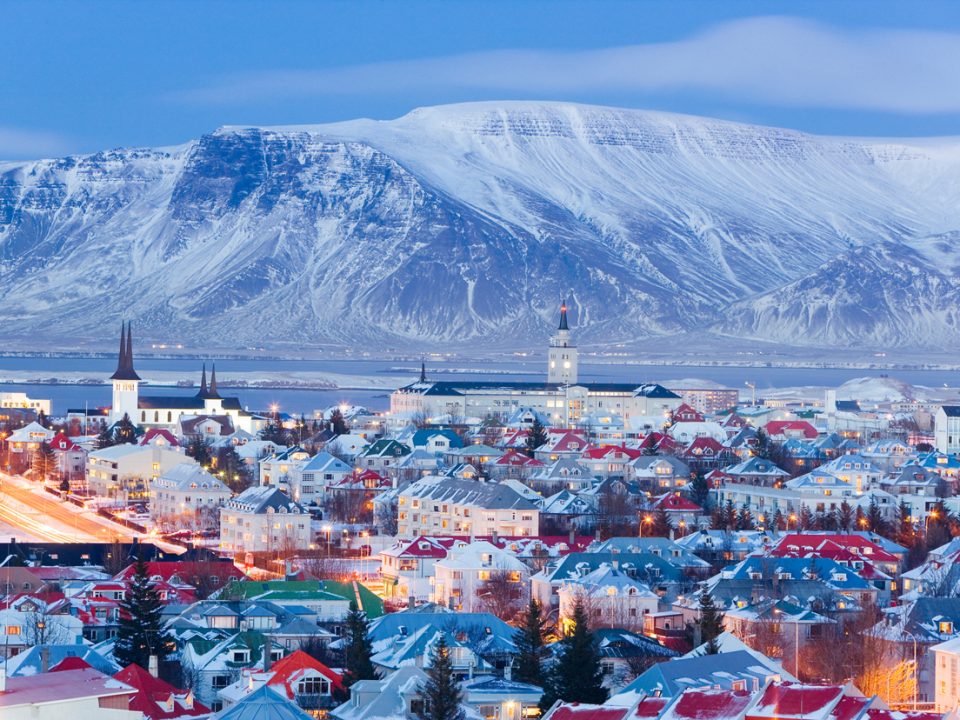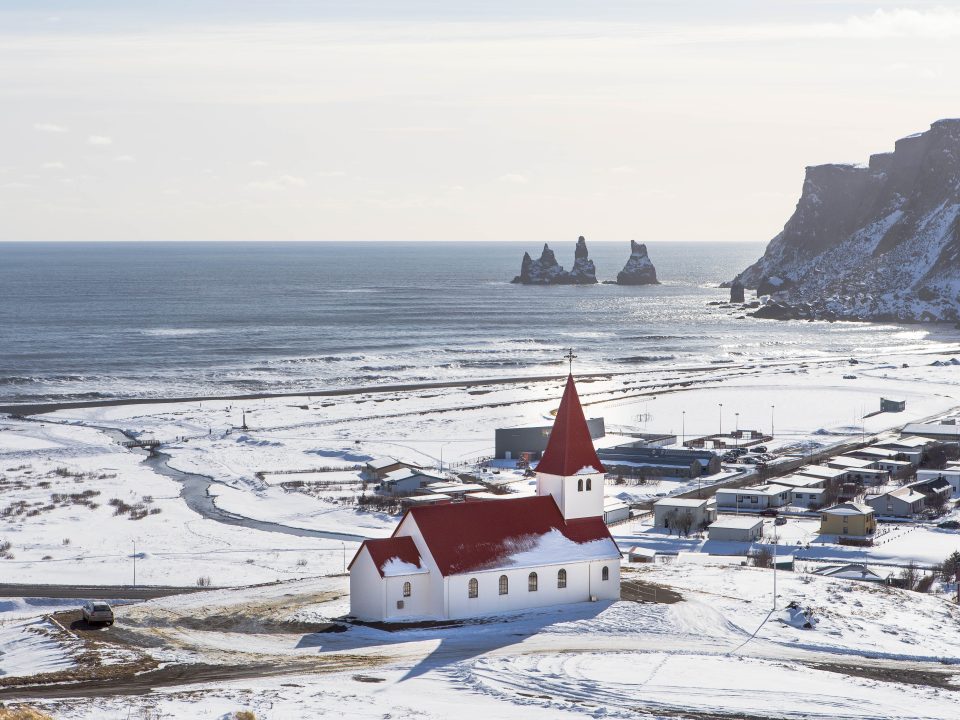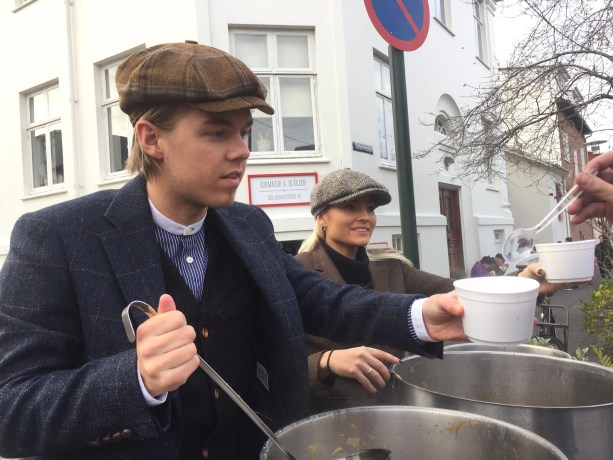HALLOWEEN IN ICELAND?

KJOTSUPUDAGURINN / ANNUAL MEAT SOUP DAY
October 20, 2021
A DAY IN REYKJANESBAER
October 28, 2021October is coming! The spooky month of the year with at the end, the 31rst, the celebration of Halloween. Big event in some countries, a little less in some others, is it a thing in Iceland ? Let’s check this out!
The event Halloween as you may picture it in your mind, like in the movies of the states, people dressing up as monsters, knocking on doors for tricks or treats, with pumpkins everywhere is not really a tradition here in Iceland. It has been only a couple of years that people started to celebrate it with some theme parties across the city. For this reason, the 31rst of October is not a public holiday. Even though Halloween used not to be a big thing in Iceland, its popularity has grown quite a lot in the most recent years. Parties are organised with costumes, pumpkins are put as decorations and kids go for tricks or treats that night.
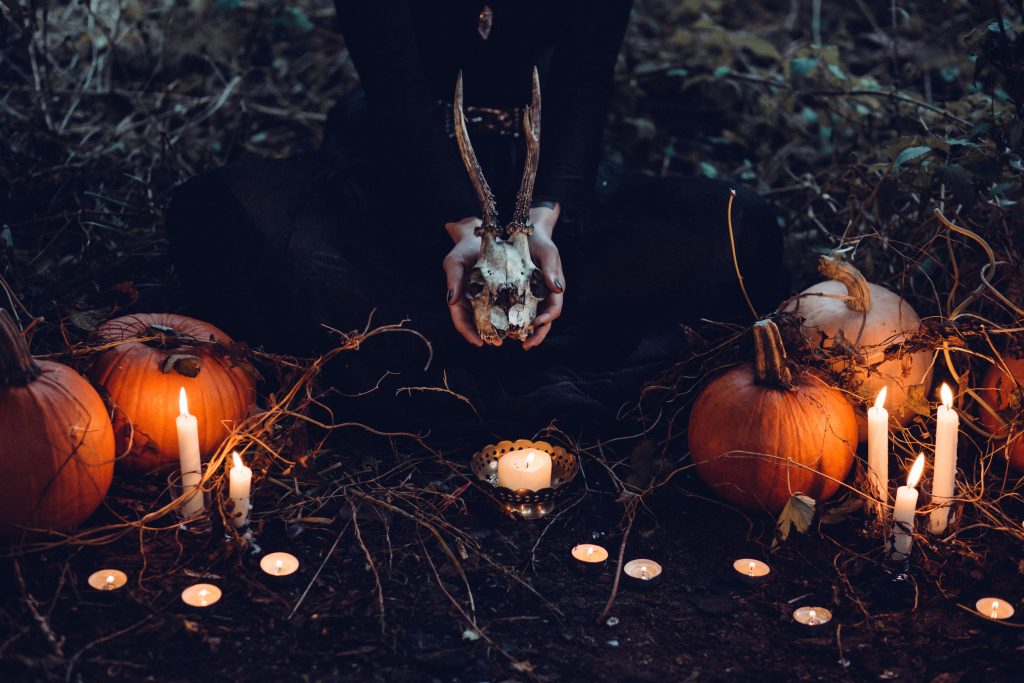
It is believed that Halloween itself is based on an ancient Celtic festival, the festival of Samhain. On this occasion, people light bonfires and wear costumes to ward off the ghosts and celebrate the end of the summer. Samhain represents the end of the summer, the harvest season and the beginning of the darkest period of the year, winter. For the Celtic people, it represents the beginning of the new year. Still, this event is not properly Icelandic, as mentioned before, it is a Celtic celebration exported by British and Irish people to North America.
Well, in Iceland, there is a similar celebration named Ash Wednesday or Öskudagur. This event is one of the most important of the Icelandic traditions and celebrations. It is a very joyful event where you will see kids dressed up in costumes (not only scary costumes), playing around and singing songs to get candies. There are songs coming from oldies anthems and folk songs sung during Öskudagur but many are original compositions to earn those candies. Öskudagur is not an Icelandic version of Halloween, it is its proper celebration, even though it is similar to Halloween. Akureyri, the capital of the North part of Iceland is also considered as the unofficial capital of the Ash Day. Placing a pinata in the town square for kids to get the candies out of it. It is important to note that Ash Wednesday is taking place in Iceland on the 6th of March.
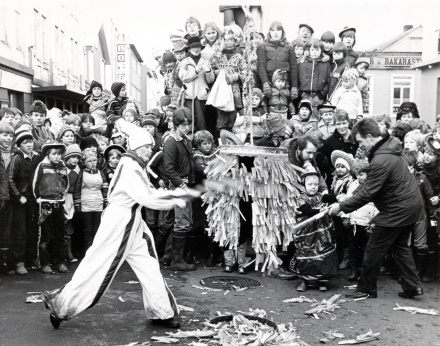
However, there is another celebration in Iceland named Veturnætur, which means the winter nights. This celebration was also one of the most popular moments of the year to get married. Veturnætur was originally celebrating the dark wintertime coming with the farmers gathering and used to slaughter their sheep on this occasion and then, they would drink all night to honour the gods. This festival is quite oftenly mentioned in the Icelandic Sagas. When the Nordic countries became Christian, this event turned into All Saint’s Day, which then became Halloween. Veturnætur would mark the beginning of the new year, where the last day of summer was usually on a wednesday and the first day of winter on the saturday after. During the celebration, ceremonies and sacrifices would be made both in public and in local places. The sacrifices were made for dísir and other feminine entities such as the Valkyries. In the present times, there is the religion of Ásatrú, a Nordic pagan faith, practiced nowadays, that has been re-recognized in 1973 and still celebrates this festival every year.
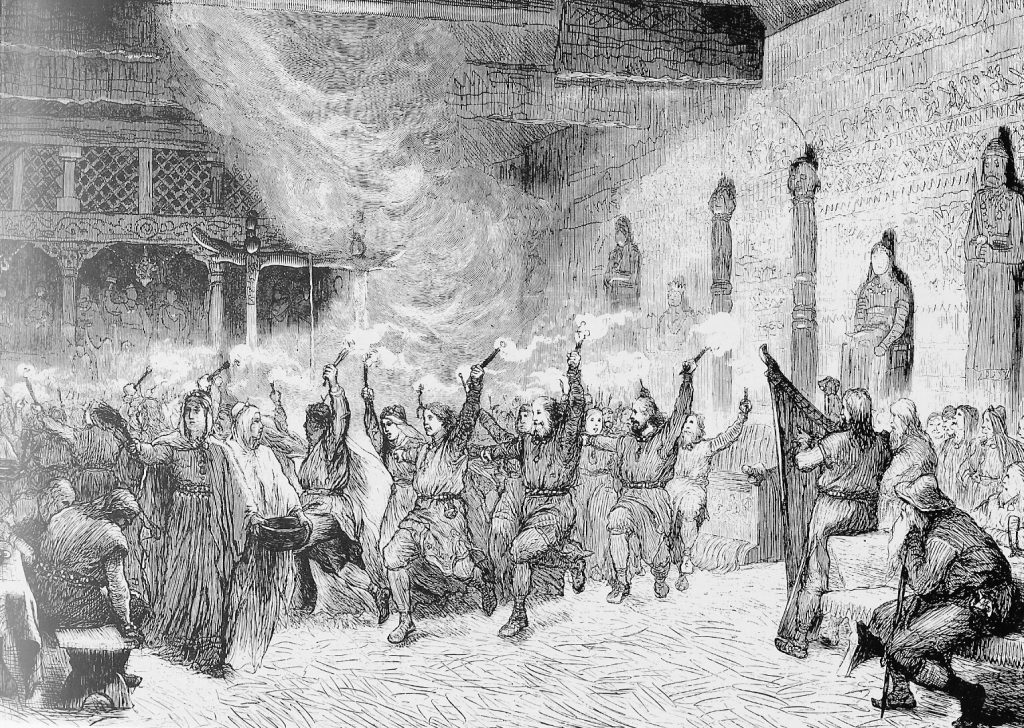
To conclude, even though Halloween is not traditional here, in Iceland, you can still find parties, people celebrating on the 31rst of October. You are more than welcome to come visit also in March to experience Öskudagur, a traditional event here!
And for the most curious above all, you can still look for more information about the Old Norse traditions and festivities organised all year round. The Icelandic culture is full of Sagas and Tales that would only blow your mind!

